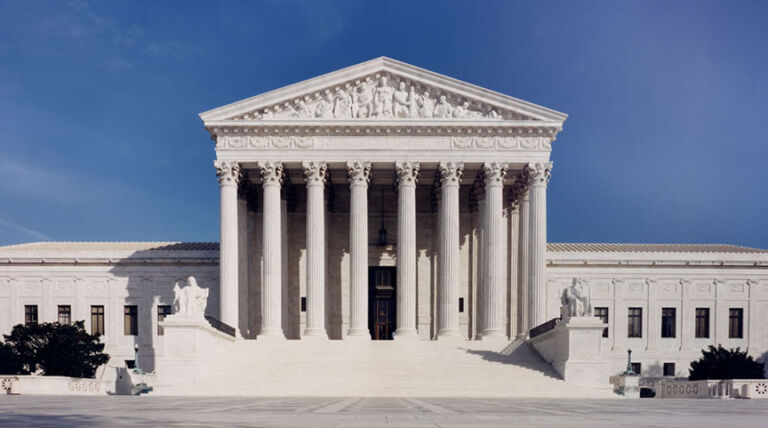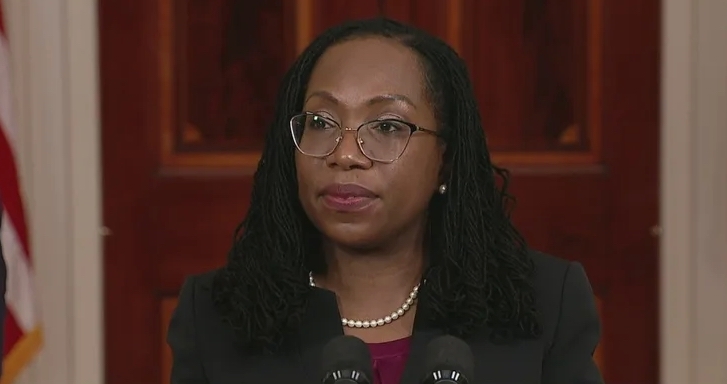The Supreme Court has given families and school choice advocates another reason to smile. In a 6-3 decision on Tuesday, the Court ruled in Carson v Makin that Maine violated the U.S. Constitution when it refused to make public funding available for students who attend private schools that provide religious instruction, even though similar funding is provided to private schools who do not provide religious instruction.
It’s yet another decision in a series of cases (Trinity Lutheran Church v. Comer and Espinoza v. Montana Department of Revenue) where the court sided with parents and upheld the first amendment right of religious freedom. The Supreme Court ruled state actions which barred religious organizations or religious institutions from receiving state aid, were unconstitutional.
The significance of Carson v Makin is that the case extends the prohibition on bans on state funding from merely status based to use-based. In other words, states can’t discriminate against religious institutions simply because of how they use the funds.
In writing for the Court, Chief Justice John Roberts concluded
Maine’s “nonsectarian” requirement for its otherwise generally available tuition assistance payments violates the Free Exercise Clause of the First Amendment. Regardless of how the benefit and restriction are described, the program operates to identify and exclude otherwise eligible schools on the basis of their religious exercise.
How will the case impact school choice and religious freedom in North Carolina? The Supreme Court has affirmed the constitutionality of voucher programs like North Carolina’s Opportunity Scholarship Program. Still, no doubt Judges on the North Carolina Court of Appeals will know of the decision as the consider which Court will hear the ongoing case challenging the state constitutionality of the Opportunity Scholarship Program. Yes, different law and different contexts, but nonetheless relevant.
Carson v. Makin is a huge victory for those who believe the first amendment and freedom of religion must trump government when government policy discriminates against those who merely seek to exercise those freedoms. The Court’s decision affirms the constitutional rights of parents to send their children to schools that teach religious values. And, that is worth celebrating.


